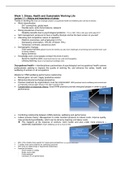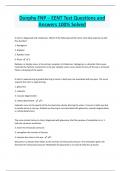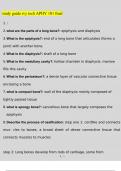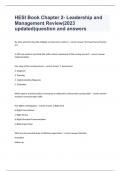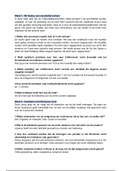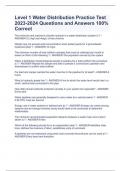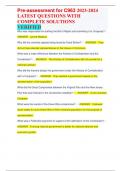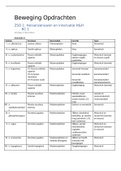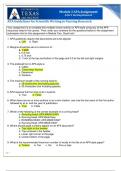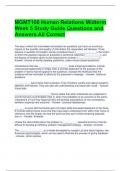Summary
Summary Stress, Health & Sustainable Working Life (EBM203A05) – Lectures & articles
- Course
- Institution
Summary of all lectures & articles of the course Stress, Health & Sustainable Working Life (EBM203A05). It’s an elective course of the MSc HRM that is offered by the Rijksuniversiteit Groningen (RUG) / University of Groningen.
[Show more]
